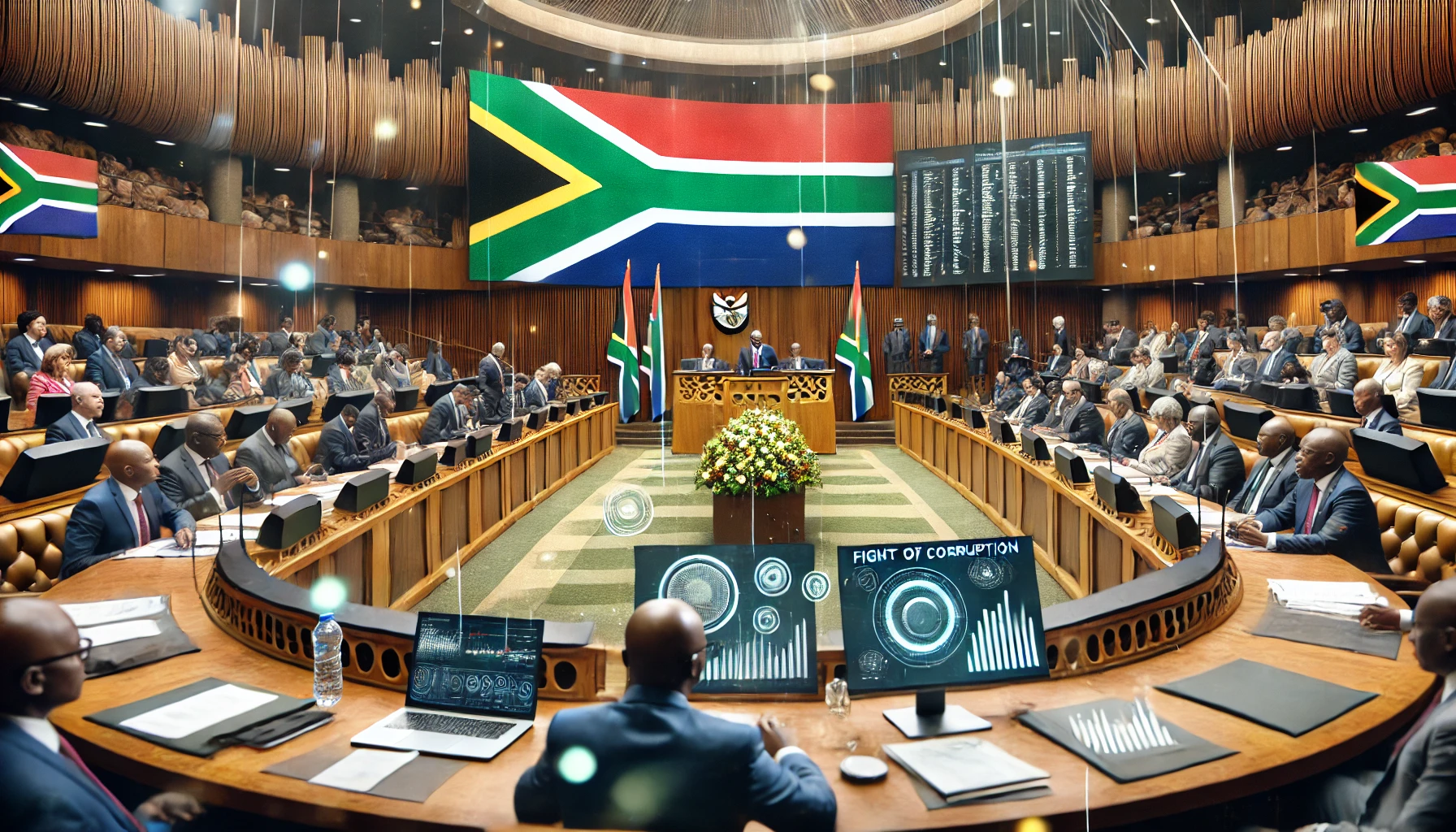Judicial Service Commission Recommends Five Candidates for Constitutional Court
The JSC confirmed that five outstanding legal minds have been shortlisted to fill two vacancies at the Constitutional Court.

- Country:
- South Africa
The Judicial Service Commission (JSC) has completed a crucial round of interviews aimed at strengthening South Africa’s judiciary, announcing five nominees it will recommend to President Cyril Ramaphosa for appointment to the Constitutional Court, the highest court in the land.
The announcement follows a week of intensive interviews held in Johannesburg, where the commission assessed candidates for vacancies across the country’s superior courts, including the Constitutional Court, Supreme Court of Appeal, and several provincial divisions.
Five Candidates Recommended for the Constitutional Court
The JSC confirmed that five outstanding legal minds have been shortlisted to fill two vacancies at the Constitutional Court. The candidates recommended for the President’s consideration are:
-
Judge Nambitha Dambuza
-
Advocate Alan Dodson SC
-
Judge Glenn Goosen
-
Judge Katharine Savage
-
Judge Ashton Schippers
The recommendations were made following deliberations by the JSC panel, which included representatives from the judiciary, the legal profession, Parliament, and the executive. The final appointments will be made by President Ramaphosa, in accordance with Section 174(4) of the Constitution of the Republic of South Africa, 1996, which outlines the process for appointing Constitutional Court judges.
“The JSC has concluded interviews for vacancies in the Constitutional Court and recommends five candidates to the President to fill two vacancies,” the commission stated.
Rigorous Selection Process
The Constitutional Court interviews are among the most closely scrutinised of the JSC’s proceedings, given the significance of the appointments in shaping the country’s constitutional jurisprudence. Candidates are typically evaluated on their legal acumen, independence, integrity, and their demonstrated commitment to constitutional values such as equality, human rights, and the rule of law.
This year’s interviews featured a diverse pool of candidates, reflecting the judiciary’s growing commitment to transformation and gender representation at the apex court. The candidates faced questions from commissioners on their judicial philosophy, approach to precedent, and understanding of key constitutional principles.
Background of the Recommended Candidates
Judge Nambitha Dambuza, currently serving on the Supreme Court of Appeal (SCA), is one of South Africa’s most respected appellate judges. She has extensive experience in commercial and constitutional law and has previously acted on the Constitutional Court bench.
Advocate Alan Dodson SC is a highly regarded senior counsel and former acting judge, known for his expertise in constitutional litigation and land reform. He also served as the Deputy Chief Land Claims Commissioner, contributing to the country’s post-apartheid restitution efforts.
Judge Glenn Goosen, of the Eastern Cape Division of the High Court, is recognised for his work in human rights and public law, particularly judgments involving state accountability and access to justice.
Judge Katharine Savage, serving on the Western Cape High Court, is known for her scholarship in administrative and constitutional law and her commitment to judicial transformation.
Judge Ashton Schippers, a judge of the Western Cape High Court and former Director-General in the Department of Justice, has extensive experience in governance and the intersection of law and public administration.
Collectively, these candidates bring a wide range of judicial experience and expertise that will contribute to maintaining the Constitutional Court’s reputation as a guardian of democracy and constitutionalism.
No Recommendation for Supreme Court of Appeal Vacancy
In addition to the Constitutional Court interviews, the JSC also conducted interviews for a vacancy at the Supreme Court of Appeal (SCA). However, the commission announced via its official account on X (formerly Twitter) that it “will not recommend any candidate for appointment” to the SCA at this time.
While the JSC did not elaborate on its decision, legal analysts suggest that the commission may have determined that none of the candidates met the requisite standard of excellence and suitability for appointment to one of the country’s most critical appellate courts.
Next Phase: High Court Appointments
The JSC’s sitting continues this week, with interviews underway for judicial vacancies in the KwaZulu-Natal Division of the High Court. These interviews are part of the JSC’s broader mandate to ensure that South Africa’s judiciary remains representative, competent, and committed to upholding the Constitution.
The commission’s recommendations will now be forwarded to President Ramaphosa, who will make the final decision on appointments after consulting with the Chief Justice and leaders of political parties represented in the National Assembly.
Strengthening the Constitutional Democracy
Legal observers have described the 2024/25 round of JSC interviews as among the most consequential in recent years, given the Constitutional Court’s crucial role in adjudicating cases related to governance, human rights, and constitutional compliance.
The new appointees will help fill longstanding vacancies that have placed pressure on the Court’s workload, ensuring that it continues to deliver judgments that uphold the principles of justice, equality, and the rule of law.
As South Africa navigates complex political, social, and economic challenges, the appointment of judges to the Constitutional Court remains a cornerstone of protecting democratic accountability and judicial independence.
- READ MORE ON:
- Judicial Service Commission
- Constitutional Court
- Cyril Ramaphosa
- Nambitha Dambuza
- Alan Dodson
- Glenn Goosen
- Katharine Savage
- Ashton Schippers
- Supreme Court of Appeal
- South African Judiciary
- Rule of Law
- Constitutional Democracy
- JSC Interviews
- Judicial Appointments
- KwaZulu-Natal High Court
- Justice System
- Section 174 Constitution
- Legal Governance










